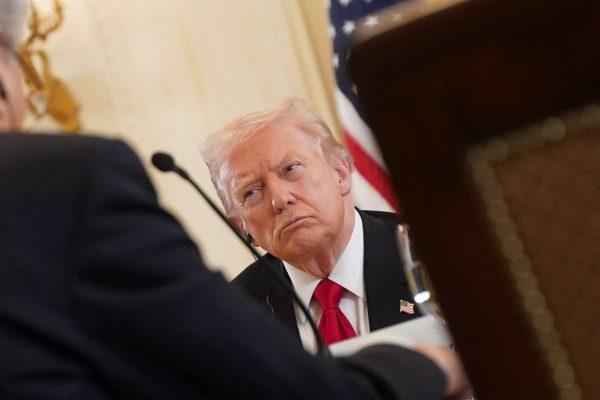One would expect the Prime Minister to act as a protector of institutions as his office mandates, or at least to try to iron out problems.
In fact he did the opposite in the dispute between the governor of the Bank of Greece and his alternate health minister. As usual, he calculated the political cost and indirectly asked his minister to exhibit self-restraint.
At a cabinet meeting yesterday, the PM unleashed yet another attack on the country’s central banker, describing him as an “over-valued technocrat”. He tried to downplay an extremely important issue – the skirmish between the minister and the Bank of Greece Governor – by describing it as “a petty partisan dispute and political gossip”.
The international press is certainly not accustomed to reporting political gossip from Greece.
Major international media reported on Alternate Health Minister Pavlos Polakis’ behaviour towards Bank of Greece Governor Yannis Stournaras for an obvious reason – that behaviour constitutes an institutional aberration.
When the Prime Minister does not call his minister to order but instead ups the ante in the attack on Stournaras that means that he is once again sacrificing the normal institutional operation of the country on the altar of partisan gain.
The Prime Minister should have reminded his minister that those who hold power represent institutions and not themselves, and that is impermissible to use one’s capacity as minister to gain access to other institutions.
He should have said that what applies to all citizens applies to ministers as well, and that ministers cannot use surreptitiously recorded conversations.
These things should be self-evident in a democracy. They should also have been self-evident for the government.




